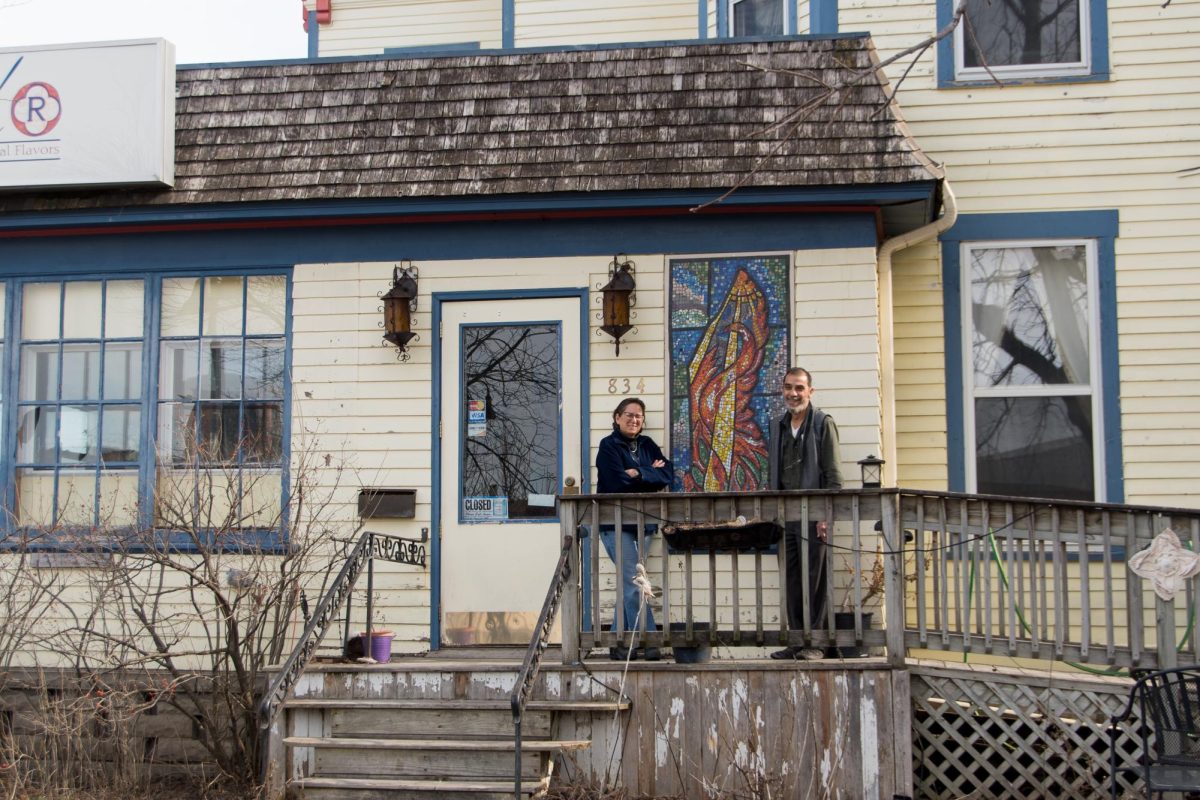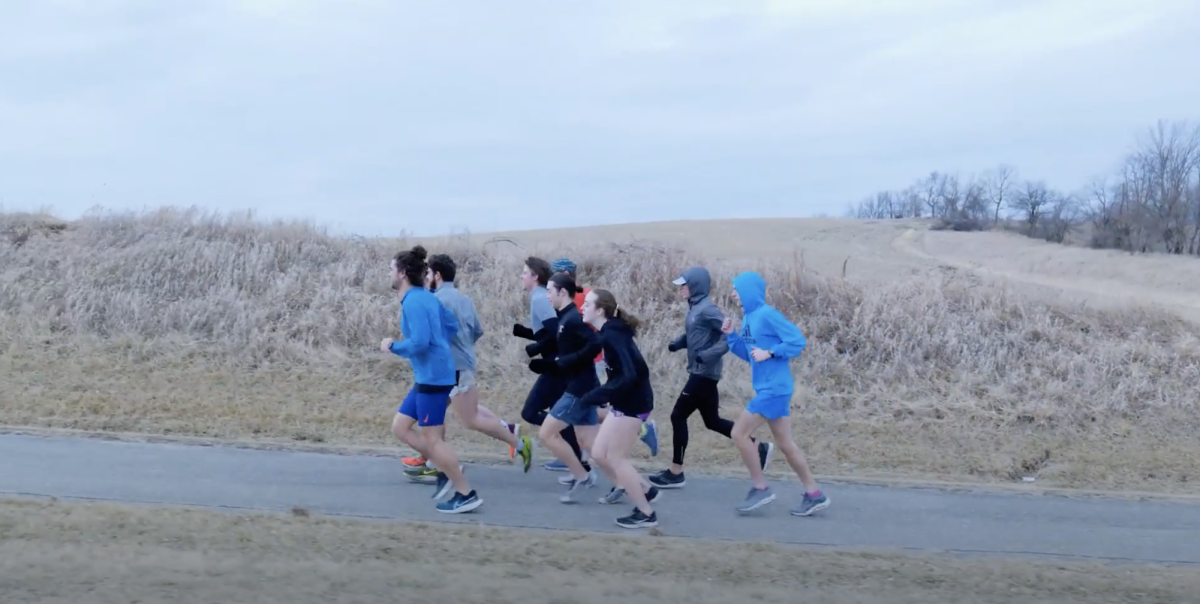At a City Council meeting in November, Grinnell College President Raynard Kington announced that he and a group of parents were entering discussions about the creation of a private school in Grinnell. This action came in response to complaints about the public school system from a select group of parents as well as the interest of prospective employees wanting to enroll their children in a higher performing school system than is deemed available in Grinnell.
The College’s role in the campaign for a private school does not align with our passions for equality in educational opportunity and access—concerns which are cultivated under the mantle of social justice in Grinnell College classrooms. Per-pupil funding—on which the public school system is heavily dependent—will be diminished when students choose to enroll in private institutions, penalizing the public school for these declining enrollments. Given these recent events and the financial implications of Grinnell’s involvement in building a private school, we wonder: By supporting stratification of our greater community through division of the school system, can we really uphold our “strong tradition of social responsibility and action?”
We doubt that building a private school represents the best or most socially just solution to the problems that have been identified by concerned parents. As demonstrated in other communities throughout the United States, a new private school will reduce funding for the public schools and potentially draw the most educationally and socially privileged students and parents away from the school system. Parents who possess the capital to advocate for change may be tempted to enroll their students in the new private school, thus redirecting the voices of critical family stakeholders at the expense of the public schools. As resources and students are divided between public and private, it is likely that the gap between the schools would continue to worsen.
The current private school model being considered is the Scattergood Friends School in West Branch, Iowa. Annual tuition is $29,850 and even the most generous scholarship awarded by the school leaves a balance of $7,462.50 for families to pay out of pocket. The Iowa Department of Education reported that in 2013 to 2014, 36.9 percent of Grinnell-Newburg School District students were eligible for free and reduced lunch—a proxy indicator for economic need. Most families within Grinnell would not be able to afford a private education at this cost, making a private school education possible for only the most privileged members of the Grinnell community.
The possibility of a private school also has implications for the College’s relationship with the local school system. Grinnell College currently places 70 to 80 students in the public school system for classroom observation each semester and two to three student teachers annually who are preparing for teacher licensure. If college leaders invest in a new private school, divisions between the public and private school may damage relationships between the College and public school, reducing opportunities for Grinnell College education students and the chance for meaningful interactions and learning across the school district.
On an ideological level, the creation of a private school is antithetical to Grinnell College’s commitment to social responsibility. Standing by while this discussion is ongoing sends the message that, rather than participating in dialogue with the school system to identify and tackle the problems together, the College fosters the flight of affluent families that could leave the existing system with even fewer resources to pursue its mission. We have gained tremendous respect for Grinnell’s teaching faculty in the Department of Education and believe they have important insights to offer as Grinnell College becomes involved in the discussion of Grinnell’s public school system. They are educational experts alert to the best practices in school reform and, we believe, would welcome the opportunity to recommend an effective role for Grinnell College in the improvement of our local schools.
We believe that solutions to the existing school system are necessary and possible. We endorse the recent creation of a task force and part-time employee position to first listen to, support and commit resources to the administrators of our local schools and the tireless educators who currently work in service for their community. We stand ready, with a host of other Grinnellians, to volunteer at our local schools, brainstorm ideas for improvement and support the mission of our local public schools. Social justice does not mean finding the easy way out for the most privileged in our communities. Social justice requires action to ensure that all community members have access to a high quality education.
Respectfully,
Students for Equality in Education (SEE)
Are you interested in being a part of this effort? Email [see] for more information.





























































